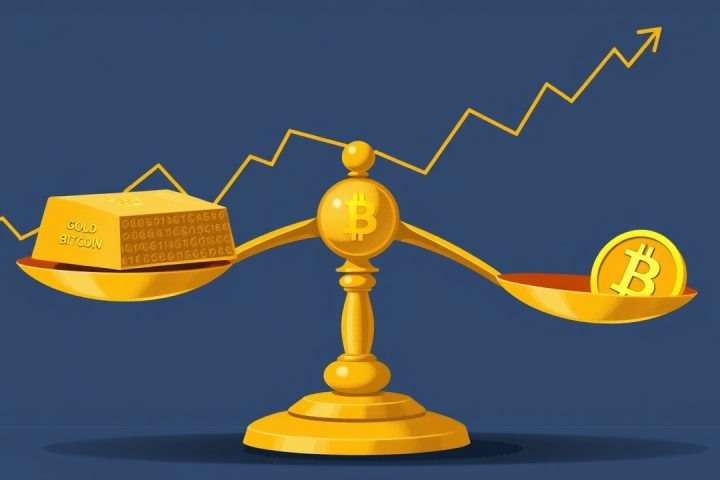The Central Bank of Brazil’s New Regulatory Measures
The Central Bank of Brazil (BCB) has unveiled plans for new regulatory measures targeting the foreign exchange (forex) sector, with potential implications for cryptocurrency exchanges operating within the country. According to Livecoins, a prominent Brazilian news outlet, the BCB has initiated a public consultation process to gather input on its proposed rules, which mainly address the electronic foreign exchange (eFX) market.
Impact on Cryptocurrency Exchanges
While the BCB’s proposals do not explicitly mention cryptocurrency exchanges or crypto transactions, they could nonetheless affect these platforms if they facilitate international transfers or allow users to convert cryptocurrencies into fiat currencies other than the Brazilian real.
Proposed Regulatory Framework
In an effort to bring the largely unregulated forex market under regulatory control, the BCB’s proposed framework would require all forex service providers—both existing and new—to obtain official regulatory permits. Furthermore, forex platforms would be tasked with reporting detailed transaction data about their clients and must utilize designated channels for deposits and withdrawals.
One significant regulation being suggested is a cap on individual transactions set at approximately $10,000, which would also apply to any crypto exchanges permitting customers to transfer funds to international accounts. Transparency is another critical goal of these proposals, with forex platforms urged to make clear the total cost of each transaction to customers.
Potential Consequences for Cryptocurrency Operations
While the BCB’s intentions seem to concentrate on currency transactions rather than investment activities on eFX platforms, the new regulations could inadvertently restrict the operational capabilities of cryptocurrency exchanges, especially those based outside of Brazil. The consultation period for these proposed rules will last until November 2.
Growing Cryptocurrency Adoption in Brazil
Cryptocurrency adoption continues to grow significantly in Brazil and across Latin America, with citizens in countries like Venezuela and Argentina increasingly turning to stablecoins like USDT as a shield against rampant inflation. Meanwhile, Nubank, Brazil’s leading digital bank, has recently announced plans to test a payment platform that will leverage stablecoin technology.




